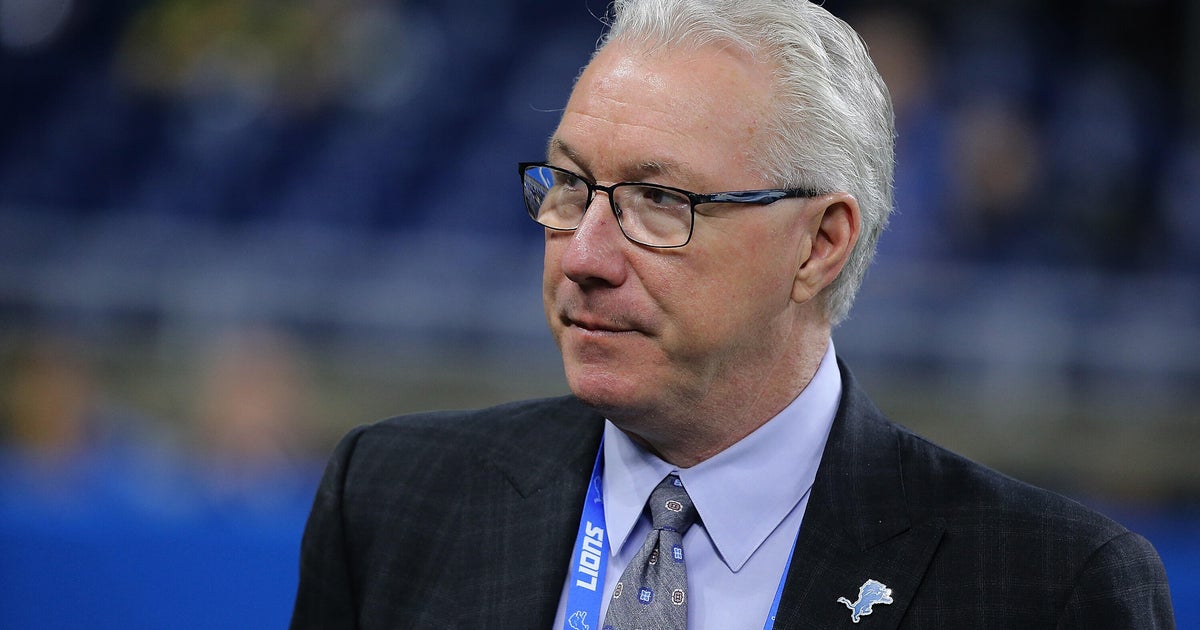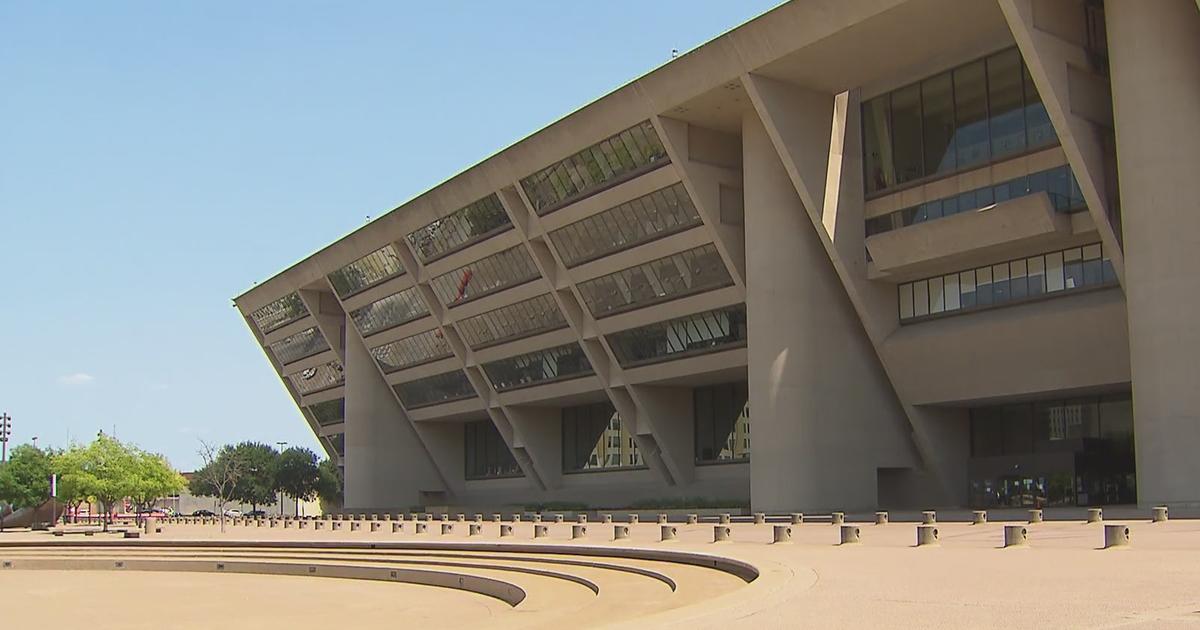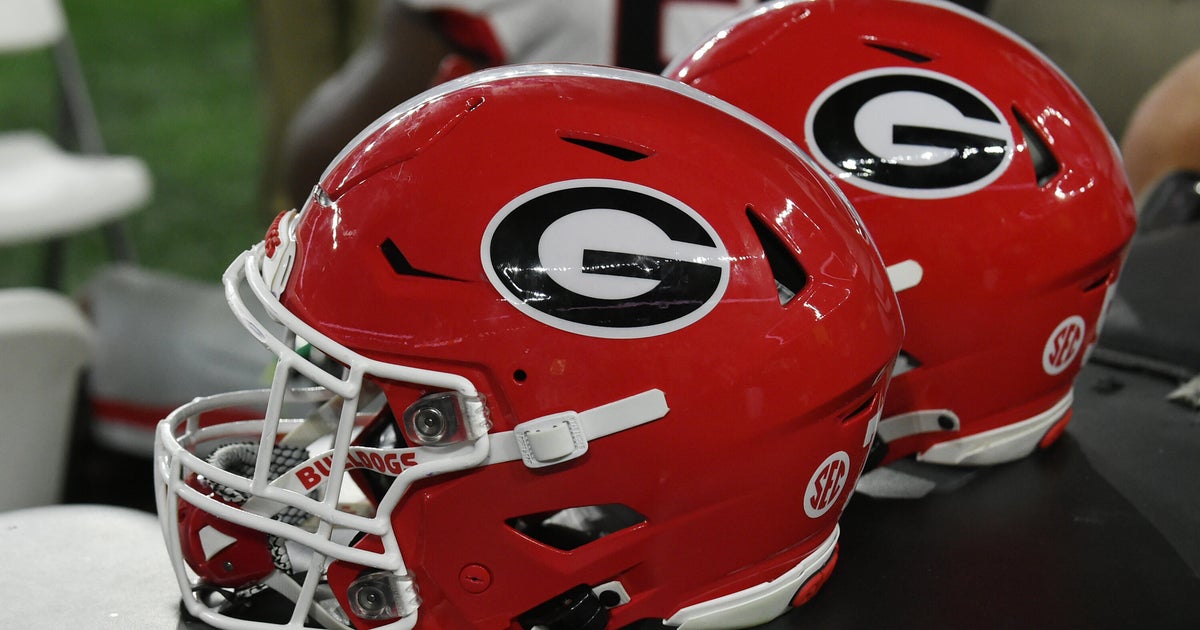Armstrong Steps Down As Livestrong Chairman
AUSTIN (AP) - Lance Armstrong stepped down as chairman of his Livestrong cancer-fighting charity and Nike severed ties with him as fallout from the doping scandal swirling around the famed cyclist escalated Wednesday.
Armstrong announced his move at the charity in an early-morning statement. Within minutes, Nike said that it would end its relationship with him "due to the seemingly insurmountable evidence that Lance Armstrong participated in doping and misled Nike for more than a decade."
Nike said it will continue to support Livestrong.
The U.S. Anti-Doping Agency released a massive report last week detailing allegations of widespread doping by Armstrong and his teams when he won the Tour de France seven consecutive times from 1999 to 2005.
The document's purpose was to show why USADA has banned him from cycling for life and ordered 14 years of his career results erased — including those Tour titles. It contains sworn statements from 26 witnesses, including 11 former teammates.
Armstrong, who was not paid a salary as chairman of the Lance Armstrong Foundation, will remain on its 15-member board. His duties leading the board will be turned over to vice chairman Jeff Garvey, who was founding chairman in 1997.
"This organization, its mission and its supporters are incredibly dear to my heart," Armstrong said in a statement. "Today therefore, to spare the foundation any negative effects as a result of controversy surrounding my cycling career, I will conclude my chairmanship."
Foundation spokeswoman Katherine McLane said the decision turns over the foundation's big-picture strategic planning to Garvey. He will also assume some of the public appearances and meetings that Armstrong used to handle.
Armstrong strongly denies doping, but did not fight USADA accusations through arbitration, saying he thinks the process is unfair. Once Armstrong gave up the fight in August and the report came out, crisis management experts predicted the future of the foundation, known mainly by its Livestrong brand name, would be threatened. They said Armstrong should consider stepping down to keep the charity from getting dragged into a debate over doping.
Armstrong's inspiring story of not only recovering from testicular cancer that had spread to his lungs and brain but then winning the world's best-known bike race helped his foundation grow from a small operation in Texas into one of the most popular charities in the country.
Armstrong drew legions of fans — and donations — and insisted he was drug free at a time when doping was rampant in professional cycling. In 2004, the foundation introduced the yellow "Livestrong" bracelets, selling more than 80 million and creating a global symbol for cancer awareness and survivorship.
"As my cancer treatment was drawing to an end, I created a foundation to serve people affected by cancer. It has been a great privilege to help grow it from a dream into an organization that today has served 2.5 million people and helped spur a cultural shift in how the world views cancer survivors," Armstrong said.
As chairman, Armstrong did not run the foundation's day-to-day operations, which are handled by Livestrong president and chief executive Doug Ulman.
Ulman had said last week that Armstrong's leadership role would not change. Armstrong's statement said he will remain a visible advocate for cancer issues, and he is expected to speak at Friday night's 15th anniversary gala for Livestrong in Austin.
"My family and I have devoted our lives to the work of the foundation and that will not change. We plan to continue our service to the foundation and the cancer community. We will remain active advocates for cancer survivors and engaged supporters of the fight against cancer," Armstrong said.
CharityWatch, which analyzes the work of approximately 600 charities, lists the foundation among its top-rated organizations. That status normally goes to groups which "generally spend 75 percent or more of their budgets on programs, spend $25 or less to raise $100 in public support, do not hold excessive assets in reserve" and disclose of basic financial information and documents.
Livestrong says it had functional expenses totaling nearly $35.8 million last year and 82 percent of every dollar raised went directly to programs, a total of more than $29.3 million.
The foundation reported a spike in contributions in late August in the days immediately after Armstrong announced he would no longer fight doping charges and officials moved to erase his Tour victories.
Daniel Borochoff, founder and president of Chicago-based CharityWatch, said last week it may take some time for donors to digest the allegations against Armstrong.
"Individuals that admire and support an individual who is later found out to be severely tarnished, don't want to admit it, don't want to admit that they've been duped," Borochoff said. "People, though, do need to trust a charity.
(© Copyright 2012 The Associated Press. All Rights Reserved. This material may not be published, broadcast, rewritten or redistributed.)
Also Check Out:







